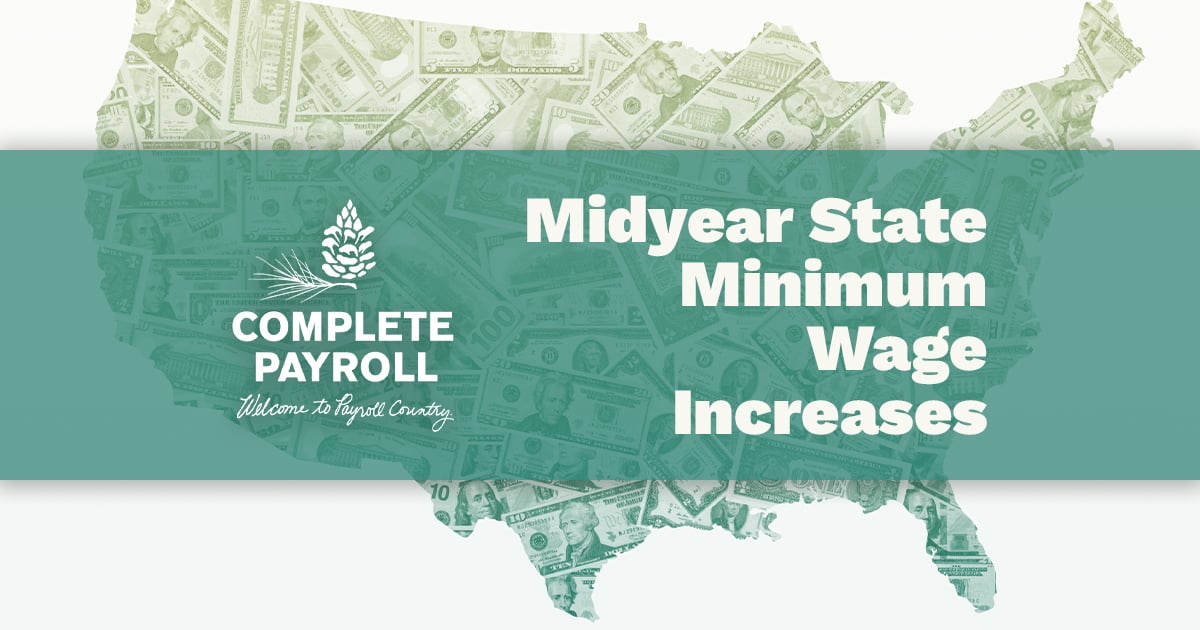Federal Employee Retirement Income Security Act (ERISA)
Overview of Law
The Employee Retirement Income Security Act (ERISA) sets minimum standards for most pension and health plans that are established by private-sector employers.
ERISA requires plans to provide participants with plan information, including important information about plan features and funding. ERISA also requires plans to establish a grievance and appeals process for participants to get benefits from their plans.
A number of amendments to ERISA have expanded the protections available to health benefit plan participants and beneficiaries. One important amendment, the Consolidated Omnibus Budget Reconciliation Act (COBRA), provides some workers and their families with the right to continue their health coverage for a limited time after certain qualifying events, such as the loss of a job.
Another amendment to ERISA is the Health Insurance Portability and Accountability Act (HIPAA), which provides important protections to workers and their families who have preexisting medical conditions or might otherwise suffer discrimination in health coverage based on factors that relate to their health.
In general, ERISA does not cover group health plans that are maintained solely to comply with workers’ compensation, unemployment, or disability laws.
Got a labor law question?
Our team helps employers with labor law compliance every day. Complete the form below to ask a question or request some help.
General Disclaimer
The materials and information available at this website and included in this blog are for informational purposes only, are not intended for the purpose of providing legal advice, and may not be relied upon as legal advice. The employees of Complete Payroll are not


















